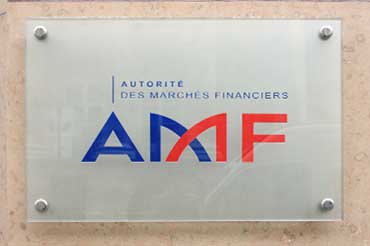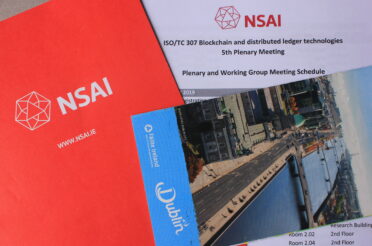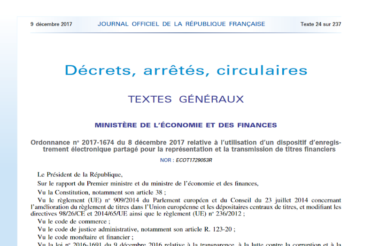While Bitcoin suffers from an image deficit among the general public (which often associates it, due to lack of information, exclusively with the darknet, terrorism or pedophilia), UNICEF has just announced that it is considering using blockchain (Bitcoin's technology) to help children.
Through its Innovation Investment Fund established in 2015, UNICEF just launched a call for expressions of interest on February 1, 2016, to help blockchain startups and other innovative companies in developing countries implement projects that benefit children.
According to the press release, the UNICEF Innovation Fund focuses its investments in the following three areas:
- "Products for young people under the age of twenty-five aimed at addressing a range of needs, education and youth participation for example;
- Real-time information for decision making; and
- Infrastructure to increase access to services and information, including connectivity, energy, finance, sensors and transportation."
For one of the Fund's co-directors, Christopher Fabian, "Now is the time to invest in these three areas because of the rapid pace of change in technologies such as blockchain, 3D printing, wearables and sensors, artificial intelligence, and renewable energy."
The UNICEF Innovation Fund's mission is to provide support (financial, technical, and relationship building) to small businesses operating in markets that many companies or investors see as risky, while UNICEF sees these markets as sources of opportunity.
In return for its investment, UNICEF does not take an equity stake in the companies, but asks them to make the code, content and materials open source (under the following licenses: BSP, AGPL, LGPL for software and Creative Commons CC-BY-SA or CC-SA for content and design) and available to the general public.
Remember that UNICEF (originally "United Nations International Children's Emergency Fund") is the United Nations agency that works for children.
This institution, which was awarded the Nobel Peace Prize in 1965, is now active in more than 190 countries to promote children's rights.
Thus, after banks, governments, international organizations are interested in the blockchain phenomenon. This interest in blockchain marks an institutional recognition, far from the bad reputation given to Bitcoin.
And for those who think it's enough to keep the blockchain and forget about Bitcoin, it's worth remembering that the latter term represents two aspects of this new technology: Satoshi Nakamoto's open source protocol that created the ultra-secure blockchain system (Bitcoin), and the currency (Bitcoin(s)) that is used to pay the computers ("miners") that run the blockchain worldwide.
So what appears to some people as "Doctor Blockchain" and "Mr. Bitcoin" is really one and the same.
While it is true that the early days of Bitcoin were marked by the high-profile scandals of Silk Road and Mt. Gox, it is now clear that the "ugly duckling" has begun its transformation into a swan.
Sources : cryptocoinsnews.com – unicefinnovationfund.org – unicef.fr
This article was first published on: www.bitcoin.fr






